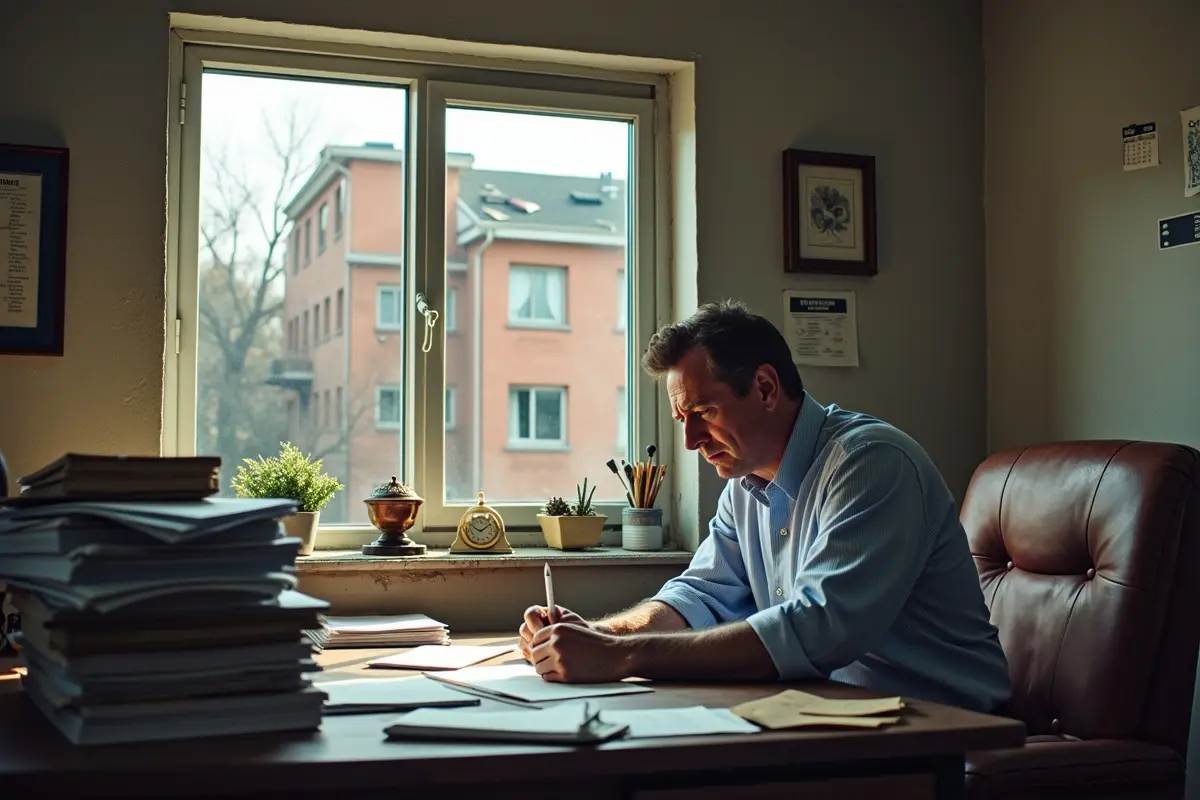
Landlord Pitfalls: 7 Things You Should Never Do
Being a landlord sounds pretty straightforward, right? You rent out your property, collect rent each month, and sit back while your investment grows. But if only it were that simple.
There are many common mistakes that landlords make, especially when they’re new to the game, and these missteps can lead to headaches, lost income, and legal trouble. Let’s walk through some of the most crucial mistakes you should avoid if you’re a landlord.
1. Ignoring Screening Processes
It can be tempting to rent your property out quickly, especially if it’s been sitting vacant for a while. But rushing into a lease without properly screening tenants is a recipe for disaster. Think of it like this: renting to someone is entering a business relationship. You wouldn’t hire an employee without checking their background, so why would you rent your property without thoroughly vetting potential tenants?
Skipping or skimming over tenant screening can lead to:
- Late or unpaid rent
- Property damage
- Legal battles over eviction
A solid screening process should include a credit check, criminal background check, and references from previous landlords. If a tenant is hesitant to provide any of these, that’s a big red flag.
2. Keeping a “Bad Renters” List
You might think it’s a good idea to keep a list of bad tenants or share this information with other landlords, but this can get you into serious trouble. Federal and state laws protect renters from discrimination and privacy breaches. Keeping or distributing a bad renters list can open you up to lawsuits, even if your intentions are good.
Instead, focus on improving your screening process (see point one) and document everything during your tenant’s stay. If you need to take legal action, having well-organized records will be far more helpful than a “bad renters” list.
3. Neglecting Proper Documentation
It’s crucial to get everything in writing when you’re a landlord. Verbal agreements can easily lead to misunderstandings and disputes, and in most cases, they won’t hold up in court. From the lease agreement to any changes or repairs requested by tenants, put everything on paper. Not only does this protect you legally, but it also creates a clear record of responsibilities for both parties.
Always use an official lease agreement, and have it reviewed by a legal professional if necessary. The more detailed your documentation, the less likely you are to encounter problems down the road.
4. Skipping Regular Property Inspections
Let’s be honest, property inspections aren’t anyone’s favorite activity. But if you don’t keep a close eye on the condition of your rental, you could end up dealing with expensive repairs that could have been avoided. Regular inspections help you catch small issues before they turn into major problems.
During an inspection, check for:
- Leaks or water damage
- Electrical issues
- Structural damage
- Signs of neglect or unauthorized changes
Remember, these inspections should be respectful of your tenant’s privacy. Make sure you give proper notice before entering the property, and document any issues you discover during the inspection.
5. Being Unfamiliar with Local Laws
Every state—and sometimes even city—has different laws governing landlords and tenants. Being unfamiliar with these laws can cost you big time. From the amount of notice you’re required to give before entering the property to how much you can charge as a security deposit, legal guidelines vary widely.
If you don’t follow these regulations, you could face fines, legal disputes, or even lose your ability to rent out the property. Before you start renting, take the time to familiarize yourself with the landlord-tenant laws in your area. This isn’t just about protecting your interests—it’s about ensuring that you’re operating within the legal framework.
6. Failing to Address Maintenance Requests Quickly
When a tenant requests a repair, it’s in your best interest to take care of it promptly. Ignoring or delaying maintenance requests not only frustrates your tenants but can also worsen the problem. For instance, a minor leak today could turn into a major plumbing issue if it’s not addressed right away.
Fast response times show tenants that you care about the property and their well-being, which can lead to longer tenancy periods and better relationships. Plus, staying on top of maintenance helps preserve the value of your investment.
7. Not Having a Backup Plan for Vacancies
One of the worst feelings for a landlord is having a property sit vacant, collecting dust instead of rent. Whether a tenant unexpectedly moves out or you’re in between renters, it’s important to have a plan in place for covering expenses during vacant periods. Many landlords forget to factor in vacancy rates when budgeting, and this can leave them scrambling when a tenant leaves.
Consider keeping an emergency fund to cover mortgage payments, utilities, and maintenance during vacancy periods. You might also want to have a strategy for marketing the property quickly and efficiently, whether that’s through online listings, working with a real estate agent, or offering incentives to attract tenants.
Final Thoughts
Being a landlord comes with its fair share of responsibilities, but avoiding these common pitfalls can make the experience much smoother. By ensuring thorough tenant screening, knowing the laws, and keeping on top of maintenance, you can protect your investment and build positive relationships with your tenants. Mistakes will happen along the way, but being proactive and staying informed will help you minimize them.

